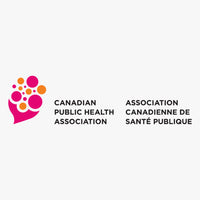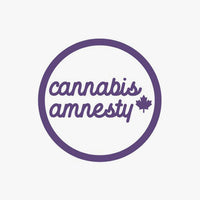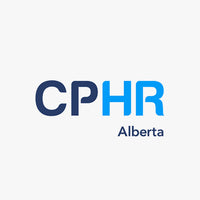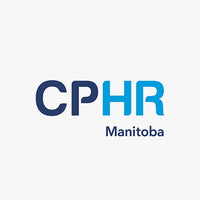3 reasons cannabis is different from alcohol

On November 6, RCU (Responsible Cannabis Use) attended the Cannabis Cover conference in partnership with Insurance Business Canada Magazine as a media partner. This event brought together leading insurance influencers to discuss key perspectives on new regulations for edibles, extracts and topicals, product liability risks, policy needs and how these forces combine to shape this growing insurance market.
RCU’s COO, Karina Karassev spoke to the 200+ attendees on why employers have a responsibility to educate their employees about cannabis as current impairment policies are not enough. During her talk, Karina discussed 3 reasons why cannabis is different from alcohol, how it will impact upcoming holiday parties and why employers’ insurance companies should care. She gave recommendations for how companies can open the conversation about cannabis with their employees.
38% of people managers and employees don’t know how long the effects last
Stigma and noise
There is still a stigma around the use of cannabis because it has only been legalized within the past year. Whether someone consumes cannabis for recreational or medicinal purposes there are still people who believe there is a stereotype associated with the substance. Education and having conversations is the best way to fight the stigma and create an inclusive and understanding workplace. If employers educate their people managers on how to talk about cannabis at work, they can reduce potential Employee Practice Liability.
41% of people managers don’t think they have a duty to accommodate medical cannabis.
People don’t know the products
Unlike alcohol, people are not as familiar with cannabis products. This will change over time, but we're not there yet. Most people are familiar with different alcohol products. For example, they understand the difference between a bottle of vodka, wine or beer. In contrast, most people don’t understand the difference between a joint, capsule or a chocolate bar. In fact, people will not be able to tell the difference between a chocolate bar without labels which indicates how much THC it contains. Whereas, people would be able to estimate the alcohol content in an unlabelled beer and how it will impact them.
38% of Ontario residents do not know the legal age of consumption.
People don’t know the impaired driving limits
Most people know the blood alcohol limit which is .08% and understand what their own limit is when consuming alcohol. In contrast, people don't know how many tokes it takes to be over the limit. Most people don't even know the limit or how easy it is to be over it.
The oral fluid roadside testing limit is set at 25 ng/mL and is based on (link to med document) which states that you can be as high as 1000 ng/mL in the first 2 hours after smoking. Impaired driving laws are still not widely known by many Canadians. It makes it especially difficult that the laws and penalties differ depending on which province or territory you live in. For regular consumers of cannabis, some believe that it does not hinder their ability to drive but the laws say differently.
As a driver, it is also important to know your rights when it comes to roadside testing. Employers will continue to provide taxi chits and Ubers to limit their liability after the holiday party but there will always be individuals who think it’s ok to drive after consuming cannabis. Education on the risks of driving when under the influence of cannabis will be beneficial for limiting liability. We encourage employers to link to DontBeSorry.ca when they send out their holiday party invites.
Eliminate the stigma. Start the conversation.
25% of Canadians understand that 25 ng/mL of THC in oral fluid in the roadside limit.
CannEd is an online cannabis educational course built for employers and employees to help employers effectively communicate their policies and reduce risk through education. While this sort of thing was once mostly relevant to safety-sensitive jobs, it is now part of every employee and employer's life as a citizen in a legalized country.
Follow us on Facebook, LinkedIn, Twitter and Instagram to learn more about the products we offer.












Leave a comment